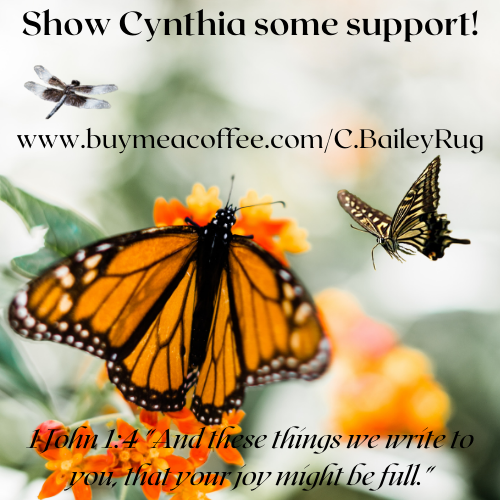The fear & uncertainty that come with living with a raging parent have profound effects on a child’s development & outlook on life. Today we will explore two distinct ways in which these effects can manifest.
In homes with raging parents, children often learn that their voice holds no weight, leading them to stop speaking freely & trusting others. They witness their parent’s explosive reactions to the slightest provocation & quickly realize that expressing their thoughts, feelings, or needs only results in more anger. As a result, they become hesitant to open up to anyone, fearing that they will face the same wrath they experience at home. This silence can manifest in various ways, such as withdrawing from social interactions, avoiding personal conversations, or even muting their own desires & dreams. They try to avoid their parent & risk upsetting them, so they often spend a lot of time alone in their room.
Living with a raging parent instills a deep sense of mistrust within a child. They learn that confiding in their parent during times of need or distress is futile & may even worsen the situation. This lack of trust can have long lasting effects on their relationships, making it difficult for them to form deep connections or rely on others for assistance.
Furthermore, children living with raging parents often try to shrink themselves, both physically & emotionally, to avoid triggering their parent’s anger. They learn to walk on eggshells & become hyper-vigilant, always on the lookout for any signs of potential outbursts. This constant state of tension & fear leads to feelings of anxiety, low self esteem, & a distorted sense of self. They may become overly submissive, accommodating, & try to be invisible, believing that their only chance at survival lies in appeasing their raging parent.
On the other end of the spectrum, some children who grow up with raging parents respond by mirroring the same behavior. They internalize their parent’s anger & unleash it onto others, including their abusive parents, disregarding the consequences. These children develop a defiant attitude, believing that fighting back is the only way to regain control & protect themselves from further harm.
Their rebellion may extend beyond their interactions with their parents. They may seek solace in the company of individuals who share their destructive tendencies, finding comfort in the chaos they create together. These relationships often perpetuate the cycle of abuse, leaving the child trapped in a web of toxic dynamics & unhealthy coping mechanisms.
For these children, their parent’s rage becomes a catalyst for their own destructive behavior. They engage in risky activities, challenge authority figures, or act out in school. This rebellion is an attempt to regain a sense of power & control, even if it comes at the expense of their well-being.
Lastly, some children who grow up with raging parents experience a combination of the two scenarios. They may appear quiet & submissive for a significant period of time. However, there comes a breaking point where they can no longer bear the weight of their parent’s anger. Suddenly, they rebel.
During this rebellious phase, they may seek solace in the wrong crowd, gravitating towards individuals who validate their anger & provide an outlet for their pent up emotions. These relationships often lead to further harm & reinforce negative patterns of behavior.
This combination effect is a rollercoaster of emotions, swinging between silence & rebellion. It reflects the internal turmoil that these children experience, torn between their need for safety & their desire to break free from the cycle of abuse. This was my experience & I can tell you, it is very painful to go through!
Growing up with a raging parent can have profound & lasting effects on a child’s life. It is crucial to recognize & address these effects to break the cycle of abuse & provide support to those who have endured this suffering.



You must be logged in to post a comment.